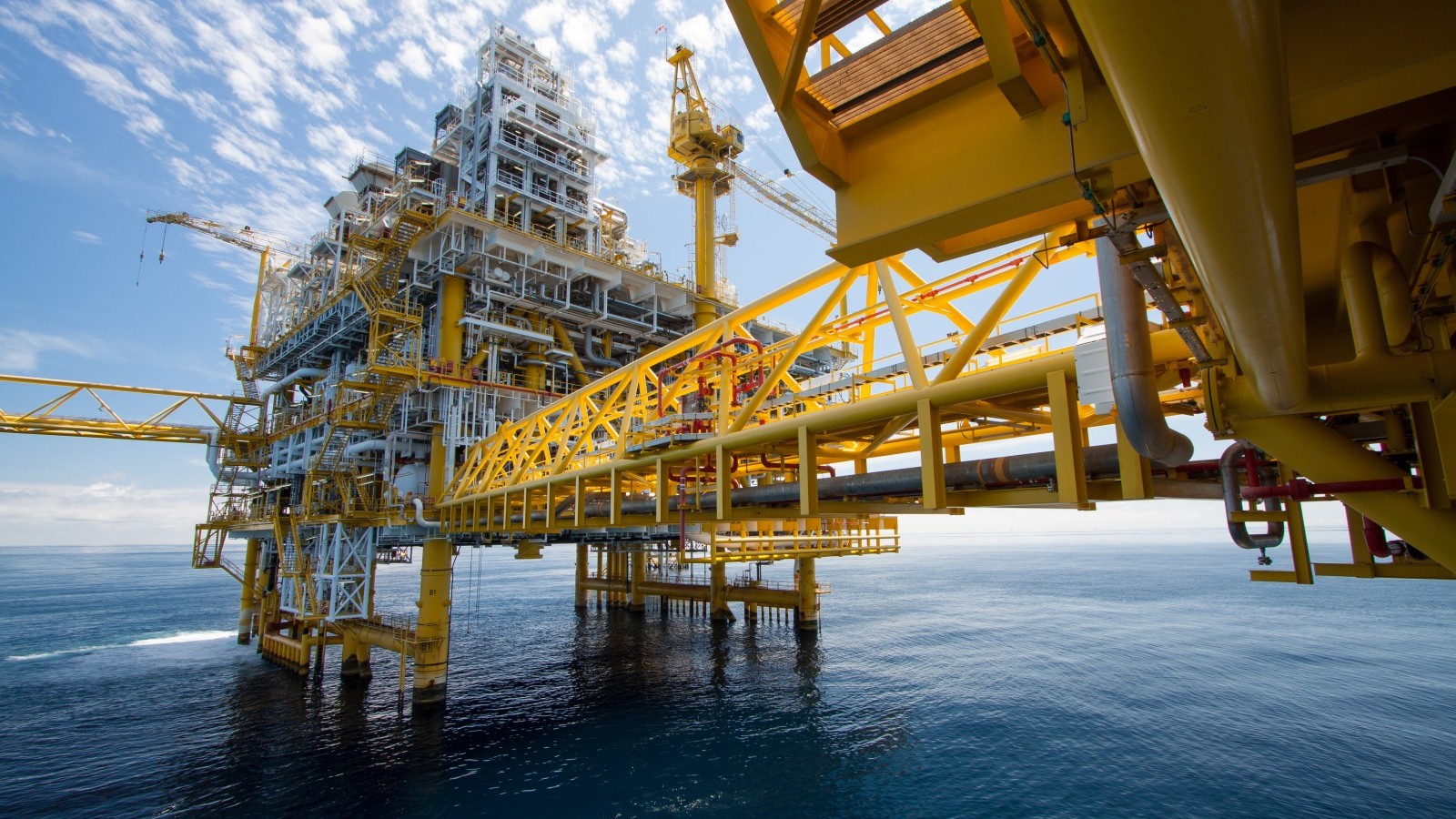Norway has just announced that it will begin issuing drilling licenses to oil companies looking to cash in in the Arctic — after two decades of declining their advances.
“Today, we are opening a new chapter in the history of the Norwegian petroleum industry,” said petroleum and energy minister Tord Lien in a statement. “For the first time in 20 years, we offer new acreage for exploration. This will contribute to employment, growth and value creation in Norway. Northern Norway is now in the forefront of further developing the Norwegian petroleum industry.”
Environmental groups fighting to keep oil well underwater are, naturally, displeased. Aside from the carbon impact of burning fossil fuels, the drilling will take place in the ecologically delicate Barents Sea.
“The Barents Sea is one of the richest, most unique marine ecosystems in the world, with remarkable concentrations of seabirds, marine mammals, fish, and other marine life,” wrote Greenpeace’s Rick Steiner in 2014. “The potential short-term energy potential here is truly not worth the long-term environmental risk from offshore drilling.”
Norway’s announcement comes after state revenues around the country have been slashed by the global drop in crude oil prices. That drop has hit many economies dependent on oil, like Alaska’s. Still, Norway is in a better position than most oil-rich countries due to having diversified its economy with industries such as tourism and fisheries, as well as raising taxes, reports KTOO. In a visit to Anchorage this week, Ambassador Kare Aas said that the Norwegian government currently receives about 20 percent of its revenue from fossil fuel interests — while Alaska’s oil and gas industry produced roughly 90 percent of the state’s funds until fairly recently.
With luck, drillers won’t find enough easily accessible oil in the Barents Sea to make it worth their while. That’s what happened in Alaska last year: After a heated battle over offshore drilling in the Arctic, Royal Dutch Shell ultimately it wasn’t worth the bother and pulled out.
Either way, we’ll find out soon enough: Statoil plans to begin drilling in the Barents in 2017.



